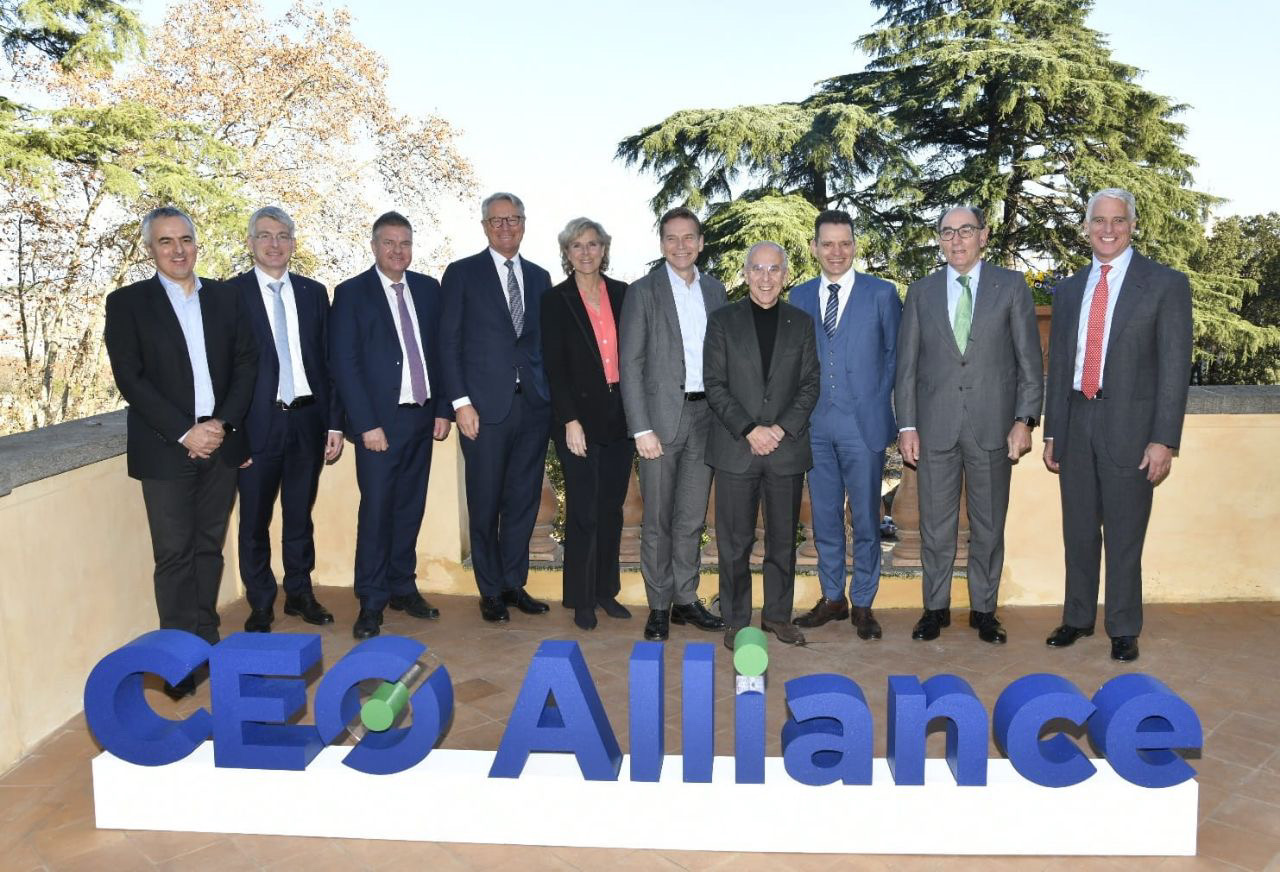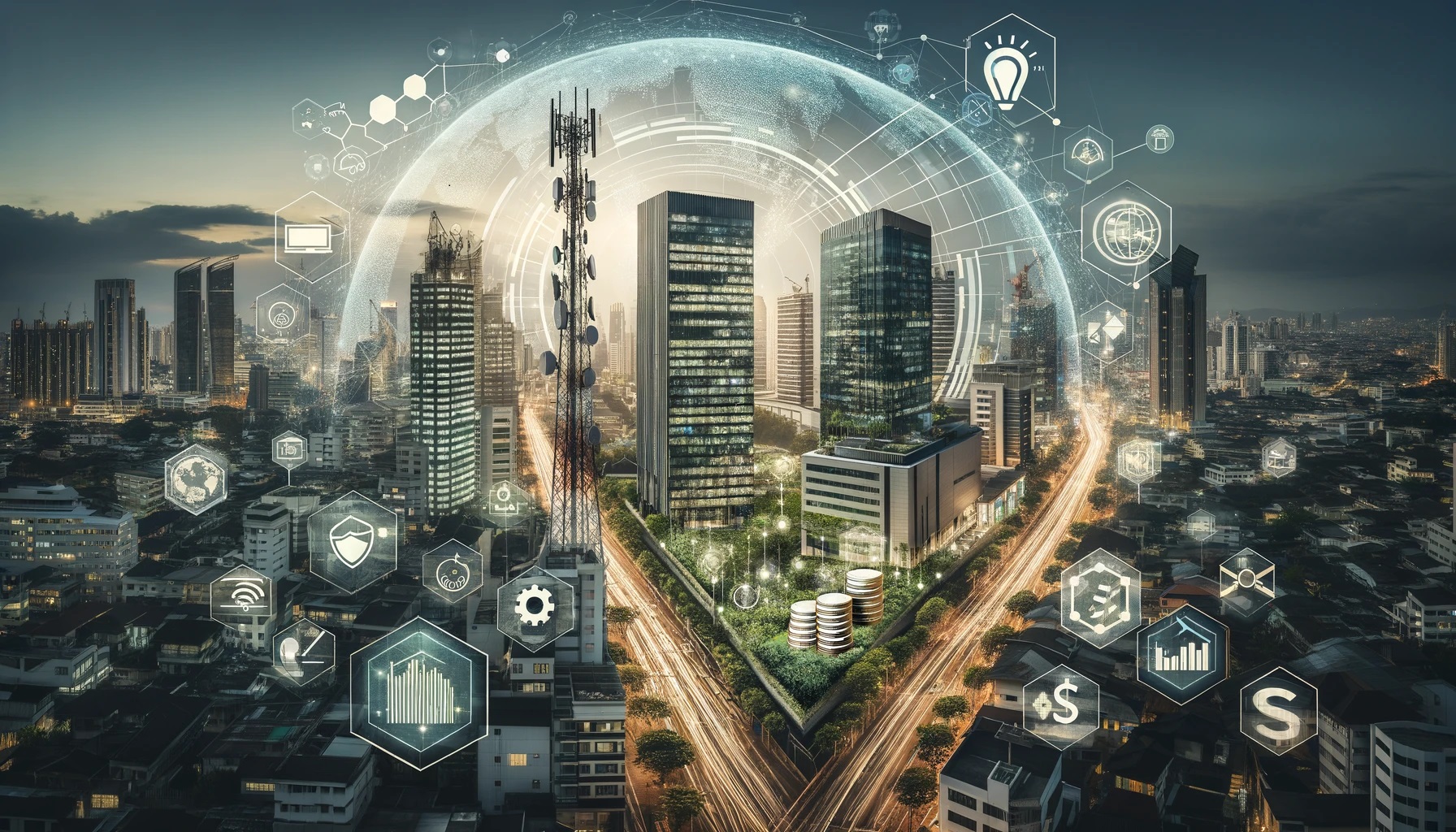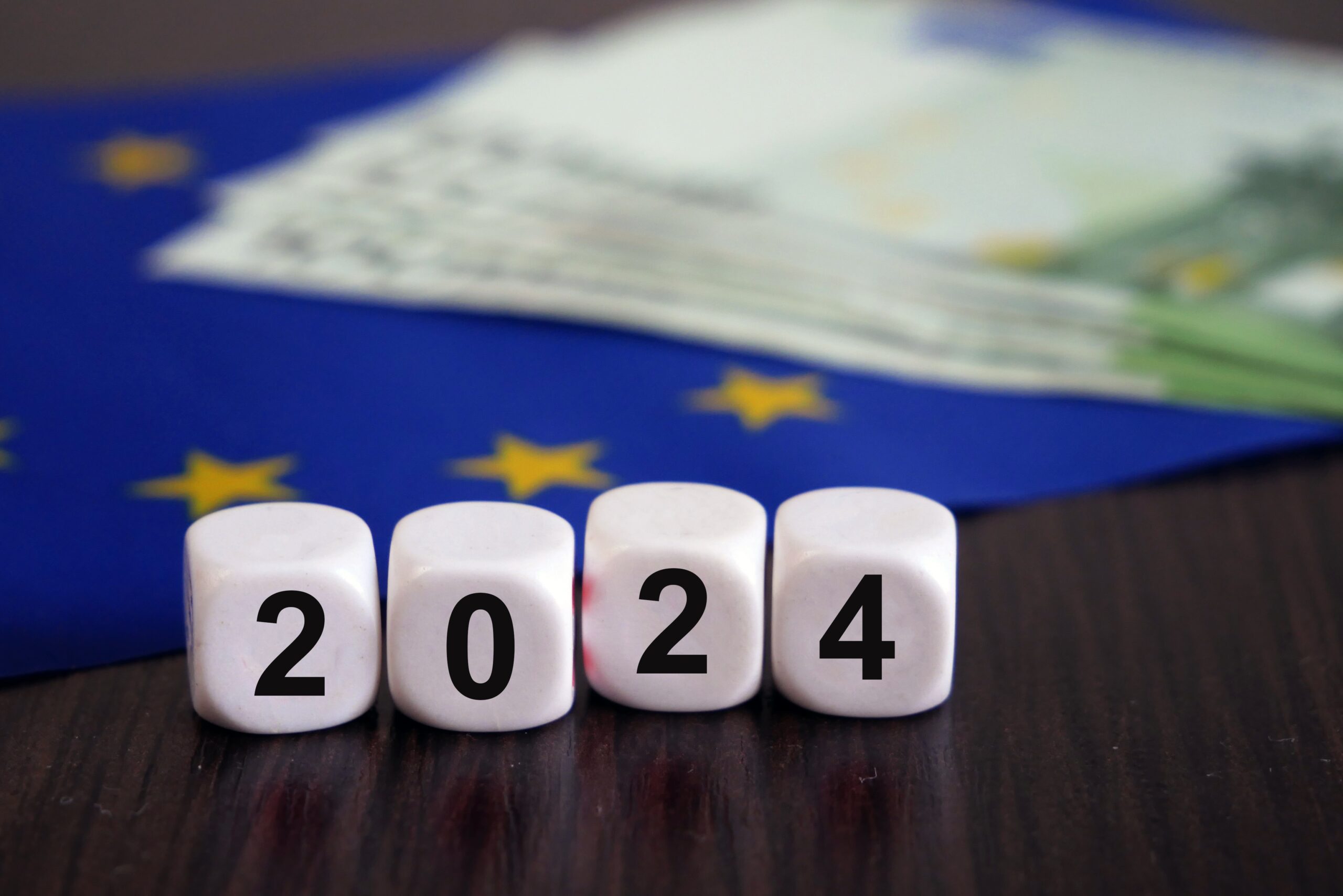Industries and EU policy makers: together transforming the energy crisis into an opportunity for Europe.
When the CEO Alliance was founded in 2020, it was all about climate protection. Two years later, it is also about defending the future of “industrial Europe”. And these two goals are closely linked.
When talking of climate targets, the evidence is clear: the time for action is now or never. We’re not on track, we need to be bolder to be able to stay below 1.5C. Decarbonization, electrification and digitalization of the European industrial sector are the only way to achieve this goal.
The green transformation has long become a race of the world powers for their economic viability. Basic conditions for future prosperity are a rapid expansion of renewable energies to become more energy independent, building on stable supply chains for electrification, a better management of the energy demand to integrate supply sources and increase energy efficiency, the role of digital and innovation in the energy transition, as well as new strategic partnerships and the security of energy supply. Only if Europe meets these conditions, we can compete globally.
And they are not waiting for us. We must act more quickly and more decisively.
The European response to the pandemic and, more recently, to Russia’s invasion of Ukraine, has accelerated EU efforts to build up the resilience of our societies and economies. As Europe is faced with energy and geopolitical crises, tackling these challenges requires greater collaboration and engagement between governments, industries and citizens.
The ongoing energy crisis and soaring prices have a strong impact on the competitiveness of European industries and, of course, on the everyday lives of EU citizens. Europe’s dependence on fossil fuel imports is the root of the recent difficulties and a strategic vulnerability. High energy prices account for nearly half of current inflation. In this crisis, accelerating the energy transition is the only way forward.
Greater and faster fossil-free electrification, energy efficiency and digitalization of all sectors (industry, transport, buildings and construction, etc.), should be the central element to free Europe from this crisis impacting consumers, industries and economies. Energy efficiency (again in all sectors, e.g. via the renovation of buildings and electrification of road transport) is a crucial factor. Fostering large investments in the key European industries and fundamental digital infrastructure could play a crucial role in the direction of a newfound strong drive towards competitiveness and strategic autonomy.
Speed is also of the essence. We don’t have time as Europe is pressed by high energy prices and a swiftly depleting carbon budget. The crisis has shown that simpler and faster renewables permitting procedures can be equally strong and that the roll-out of strategic energy and digital infrastructure represents a major competitive asset for our economies. The legacy of our current efforts is already underway: +350% of RES capacity by 2030, -35% commodities import from outside EU, just to mention a few.
Digitalization, electrification and decarbonization of the Energy, transport and Industrial sectors can provide a common answer to solve this crisis, enhancing European resilience to current and future shocks to protect our economy and shield consumers. Renewable hydrogen and other decarbonization solutions, can complement when direct electrification is not a viable option.
Europe should focus its short-to-medium term strategy on accelerating existing projects centered on sustainability and innovation, built on renewable sources and a detailed proposal for how to promote further measures for energy efficiency, digitalization of all sectors and a reduced demand for gas.
In addition, an effective emergency, temporary, measure to cap at affordable prices EU gas transactions is crucial to deal with current crisis in the short term.
The track towards circular economy can contribute to a more sustainable society, increasing material efficiency and reducing carbon footprint of the products and materials we use in Europe, as well as decrease our dependency on imported raw materials.
Energy transition and security of supply are two sides of the same coin. Resilience should go hand-in hand with decarbonization in the effort to re-build and diversify critical value chains, such as photovoltaics manufacturing and storage batteries systems. Currently, most key components and equipment are imported, and there is a large capacity gap in Europe between the supply chain industry and most of the necessary raw and processed materials as well.
The path to success requires policymakers and companies to do much more to provide signals to local manufacturers and on the demand side; requires companies to ensure that supply chains are diverse and resilient.
We, as the CEO Alliance, are working jointly in pan-European industry and cross-sectoral projects, firmly convinced that only cooperation and common intent are the key to address today’s challenges and achieve a fair and sustainable transition for Europe, as well as an innovative and resilient economy.



